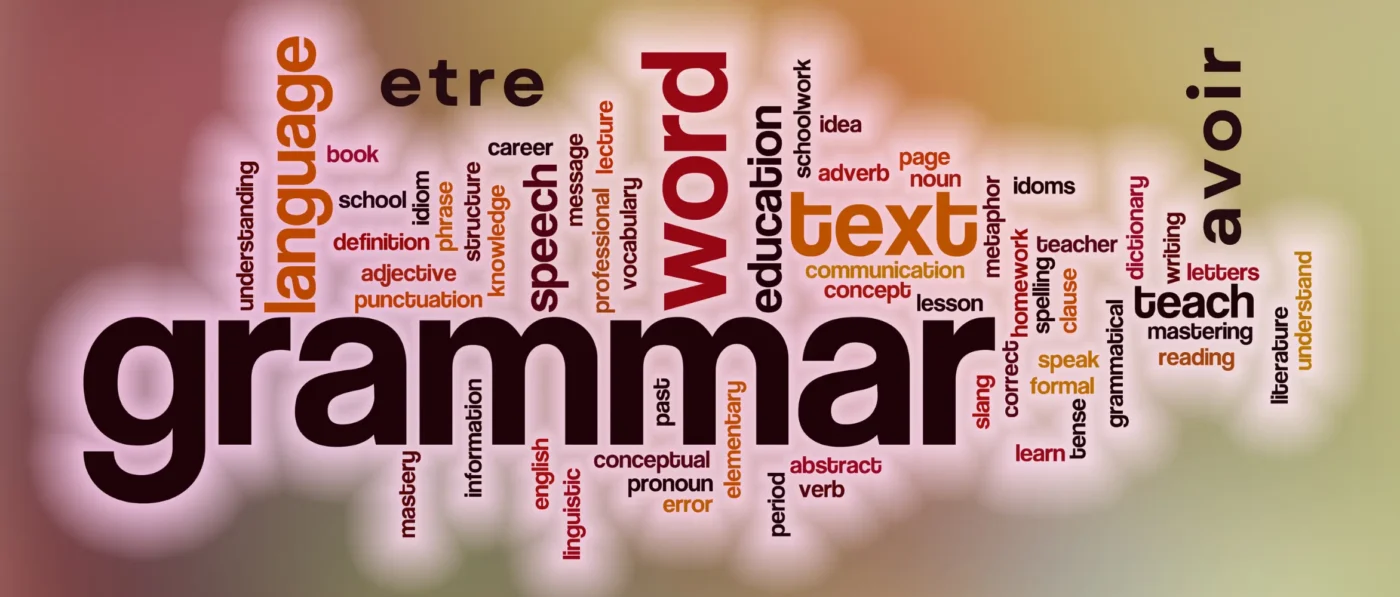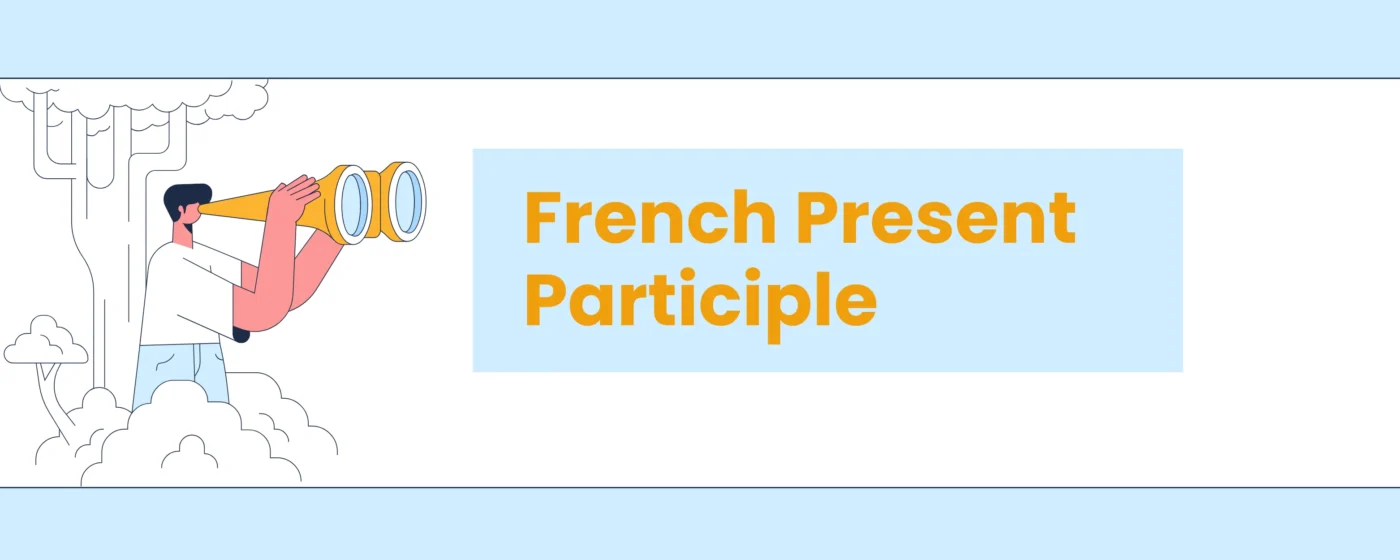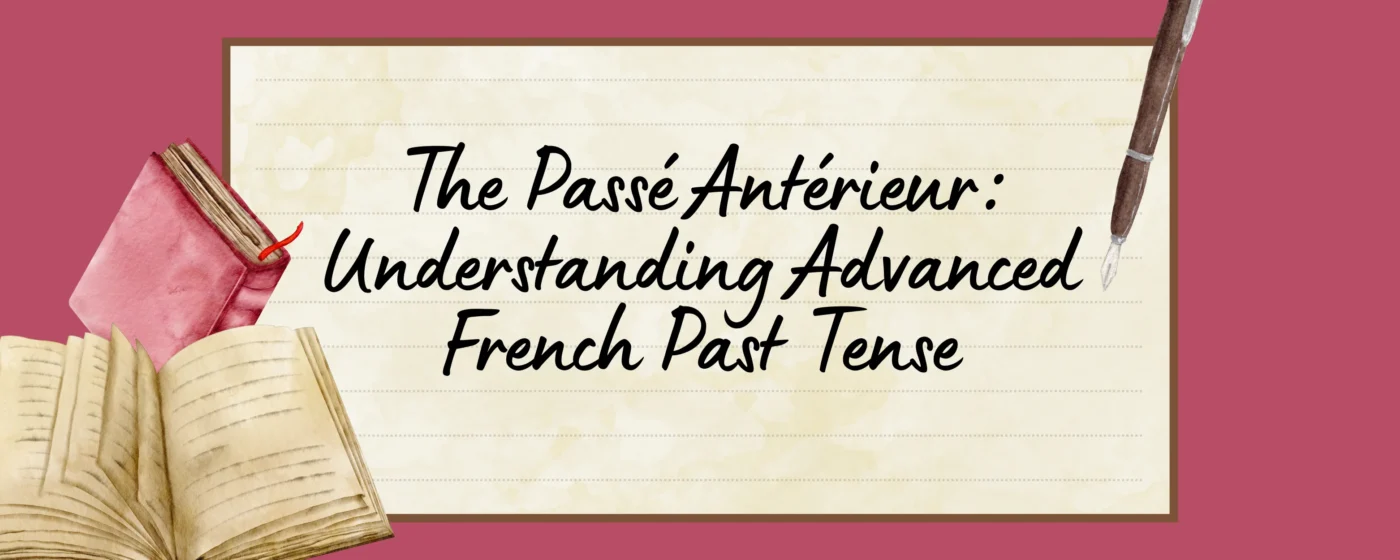Verbs are the building blocks of any language, and in French, none are more crucial than être (to be) and avoir (to have) because they’re used not only on their own but also to form many essential tenses, like the passé composé (past perfect). However, their conjugations (how they change depending on the subject and tense) can be tricky at first. In this article we will try to simplify that as much as possible.
Conjugating Être and Avoir
Etre
| Present | Imperfect | Future | Conditional | Subjunctive | Imperfect subj. | |
| Je /j’ | suis | etais | serai | serais | sois | fusse |
| Tu | es | etais | seras | serais | sois | fusses |
| Il | est | etait | sera | serait | soit | fut |
| Nous | sommes | etions | serons | serions | soyons | fussions |
| Vous | etes | etiez | serez | seriez | soyez | fussiez |
| Ils | sont | etaient | seront | seraient | soient | fussent |
| Passe compose | Past perfect | Future perfect | Past conditional | Past subjunctive | Pluperfect subj. | |
| Je/j | ai ete | avais ete | aurai ete | aurais ete | aie ete | Eusse ete |
| Tu | as ete | avais ete | auras ete | aurais ete | aies ete | Eusses ete |
| Il | a ete | avait ete | aura ete | aurait ete | aie ete | Eut ete |
| Nous | avons ete | avions ete | aurons ete | aurions ete | ayons ete | Eussions ete |
| Vous | avez ete | aviez ete | aurez ete | auriez ete | ayez ete | Eussiez ete |
| Ils | ont ete | avaient ete | auront ete | auraient ete | aient ete | Eussent ete |
| Passe simple | Past anterior | Imperative | Past imperative | |||
| Je/j | fus | eus ete | ||||
| Tu | fus | Eus ete | sois | aie ete | ||
| Il | fut | Eut ete | ||||
| Nous | fumes | Eumes ete | soyons | ayons ete | ||
| Vous | futes | Eutes ete | soyez | ayez ete | ||
| Ils | furent | Eurent ete | ||||
| Participles |
| Present: etant |
| Past: eté |
| Perfect: ayant ete |
| Past infinitive |
| avoir été |
Avoir
| Present | imperfect | Future | Conditional | Subjunctive | Imperfect subj. | |
| Je /j’ | ai | avais | aurai | aurais | aie | eusse |
| Tu | as | avais | auras | aurais | aies | eusses |
| Il | a | avait | aura | aurait | aie | eut |
| Nous | avons | avions | aurons | aurions | ayons | eussions |
| Vous | avez | aviez | aurez | auriez | ayez | eussiez |
| Ils | ont | avaient | auront | auraient | aient | eussent |
| Passe compose | Past perfect | Future perfect | Past conditional | Past subjunctive | Pluperfect subj. | |
| Je/j | ai eu | avais eu | aurai eu | aurais eu | aie eu | Eusse eu |
| Tu | as eu | avais eu | auras eu | aurais eu | aies eu | Eusses eu |
| Il | a eu | avait eu | aura eu | aurait eu | aie eu | Eut eu |
| Nous | avons eu | avions eu | aurons eu | aurions eu | ayons eu | Eussions eu |
| Vous | avez eu | aviez eu | aurez eu | auriez eu | ayez eu | Eussiez eu |
| Ils | ont eu | avaient eu | auront eu | auraient eu | aient eu | Eussent eu |
| Passe simple | Past anterior | Imperative | Past imperative | |||
| Je/j | eus | eus eu | ||||
| Tu | eus | Eus eu | aie | aie eu | ||
| Il | eut | Eut eu | ||||
| Nous | eumes | Eumes eu | ayons | ayons eu | ||
| Vous | eutes | Eutes eu | ayez | ayez eu | ||
| Ils | eurent | Eurent eu | ||||
| Participles |
| Present: ayant |
| Past: eu |
| Perfect: ayant ete |
| Past infinitive |
| avoir eu |
Now that you know their conjugations, let’s explore their roles in French.
- Être (to be): This verb is used for identity, location, and states of being. For example, “Je suis français” (I am French)
“Elle est à la maison” (She is at home).
“Il est triste” (He is sad)
- Avoir (to have): This verb expresses possession, actions, age and experiences. Examples include “J’ai une voiture” (I have a car)
“Nous avons mangé” (We ate).
“Elle a 20 ans” (She is 20 years old)
Both être and avoir are essential for forming the passé composé, the most common past tense in French. This tense is used to describe completed actions in the past. Here’s the formula:
- Subject pronoun + conjugated form of être or avoir in simple present + past participle of the main verb
Fun Fact:
Did you know that the choice of être or avoir in the passé composé depends on the verb itself? Some verbs use être, like “aller” (to go) – “Je suis allé au cinéma” (I went to the cinema), while others use avoir – “J’ai parlé à mon ami” (I spoke to my friend).
Grammar Made Easy as Bonjour!
Our tutors guide you through tricky grammar points to make French a breeze.
Idiomatic Expressions
French is full of colorful expressions using être and avoir. Here are a few examples:
- Avoir faim (to be hungry): J’ai faim parce que je n’ai rien mangé depuis le matin. (I am hungry because I have eaten nothing since morning)
- Avoir raison (to be right): Tu as raison. (you are right)
- Être en colère (to be angry): Elle est en colère comme son chien est perdu. (She is angry because her dog is lost)
- Être pressé (to be in a hurry): Elle s’est réveillée en retard donc elle est pressée. (She woke up late so she is in a hurry)
- Être fatigué (to be tired): Je suis fatiguée après une journée très longue. (I am tired after a very long day)
- Être content (to be happy): Je suis content de mon travail. (I am happy with my work)
Conclusion
Mastering the conjugations of être and avoir is a significant step towards French fluency. Consistent practice is key, and don’t hesitate to use resources where you can find interactive exercises and personalized guidance to solidify your understanding, like at La Forêt French Class. Remember, the more you practice, the better you will get with the verbs.
Frequently Asked Questions
1. What are the six forms of être?
Ans: The six forms of the verb être (to be) in the present tense in French are:
- Je suis (I am)
- Tu es (You are – singular informal)
- Il/Elle/On est (He/She/One is)
- Nous sommes (We are)
- Vous êtes (You are – plural or singular formal)
- Ils/Elles sont (They are – masculine/feminine)
2. How to memorize avoir and être?
Ans: To memorize avoir and être, practice using them in everyday sentences. Create flashcards with each form, and repeat aloud. Use mnemonics like “Dr. & Mrs. Vandertramp” to remember être’s past tense verbs. Songs and rhymes can also aid recall. Consistent practice in context, such as writing simple sentences or reading aloud, will reinforce their forms and uses over time.
3. Is aller être or avoir?
Ans: Aller (to go) uses être as its auxiliary verb in the passé composé and other compound tenses. For example, “Je suis allé(e)” means “I went.”





